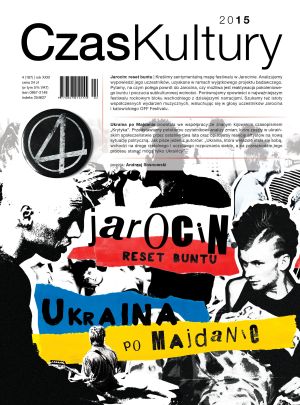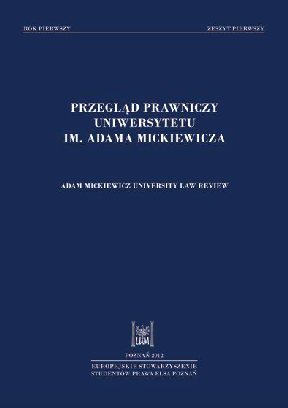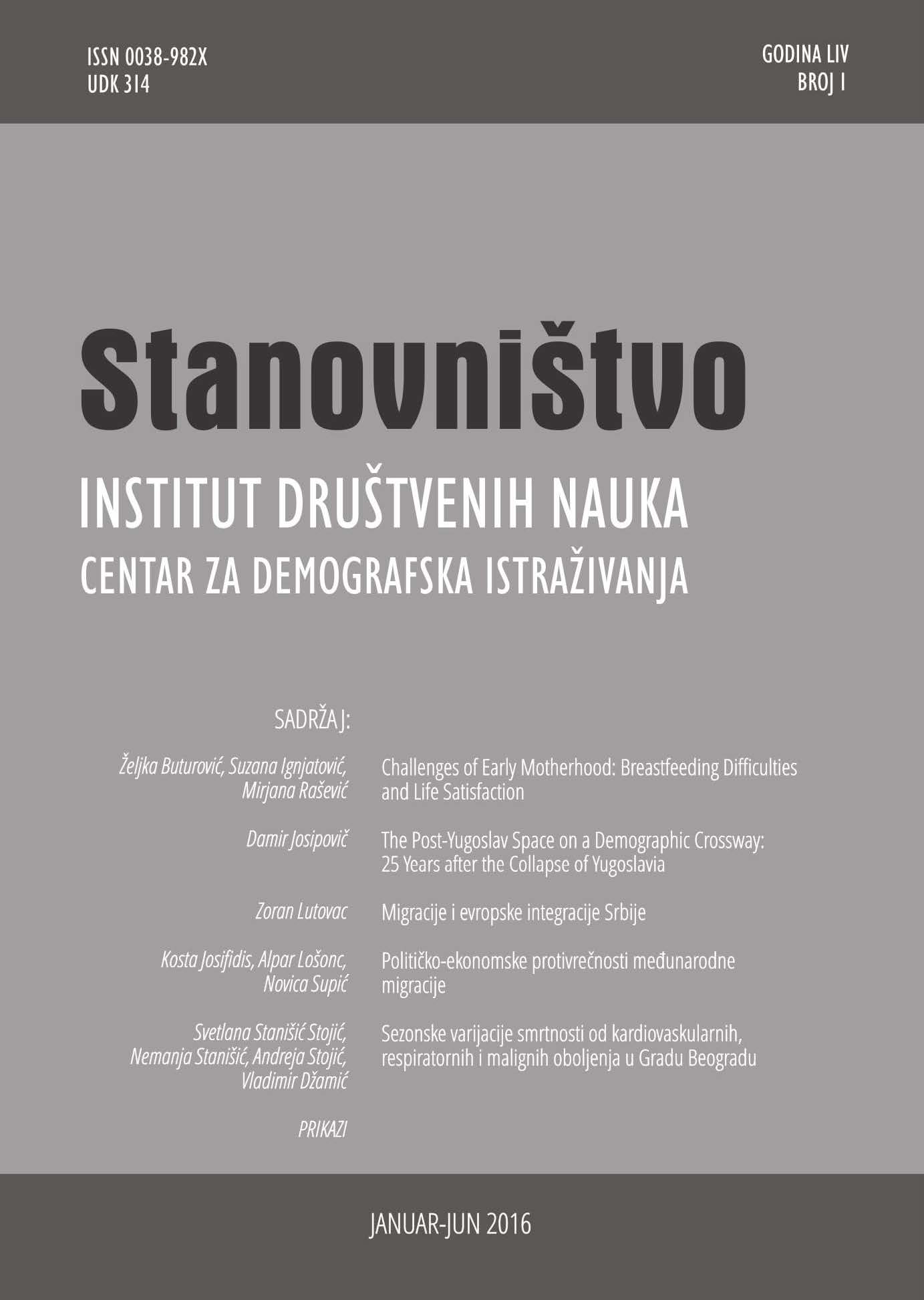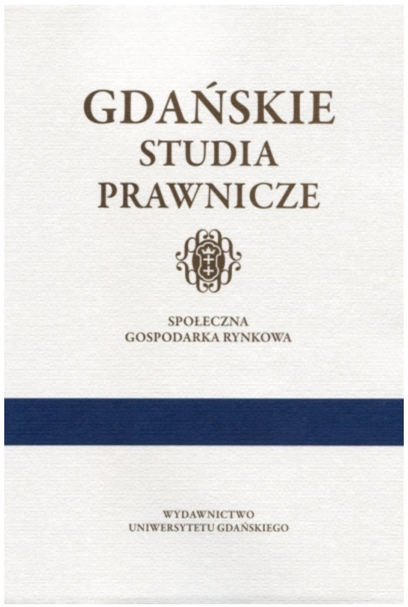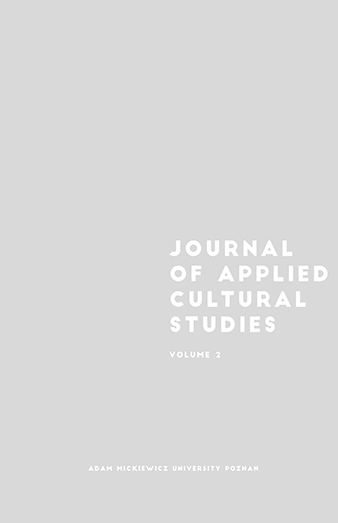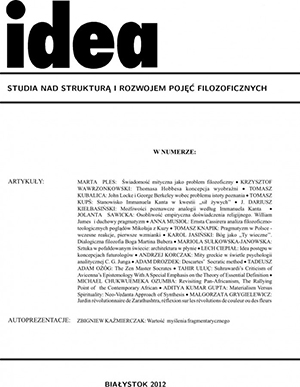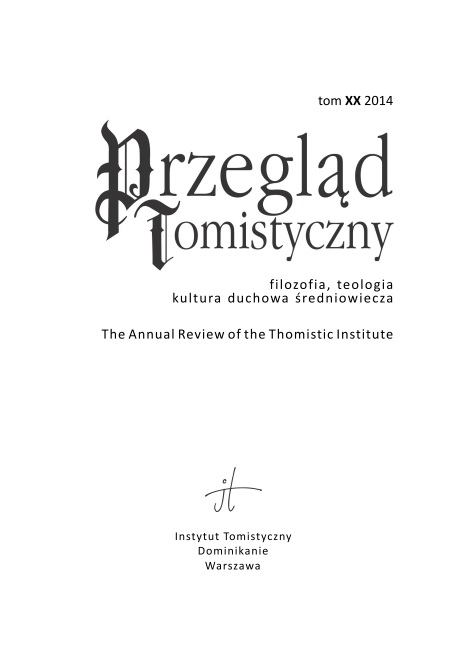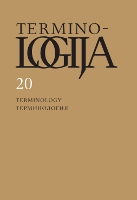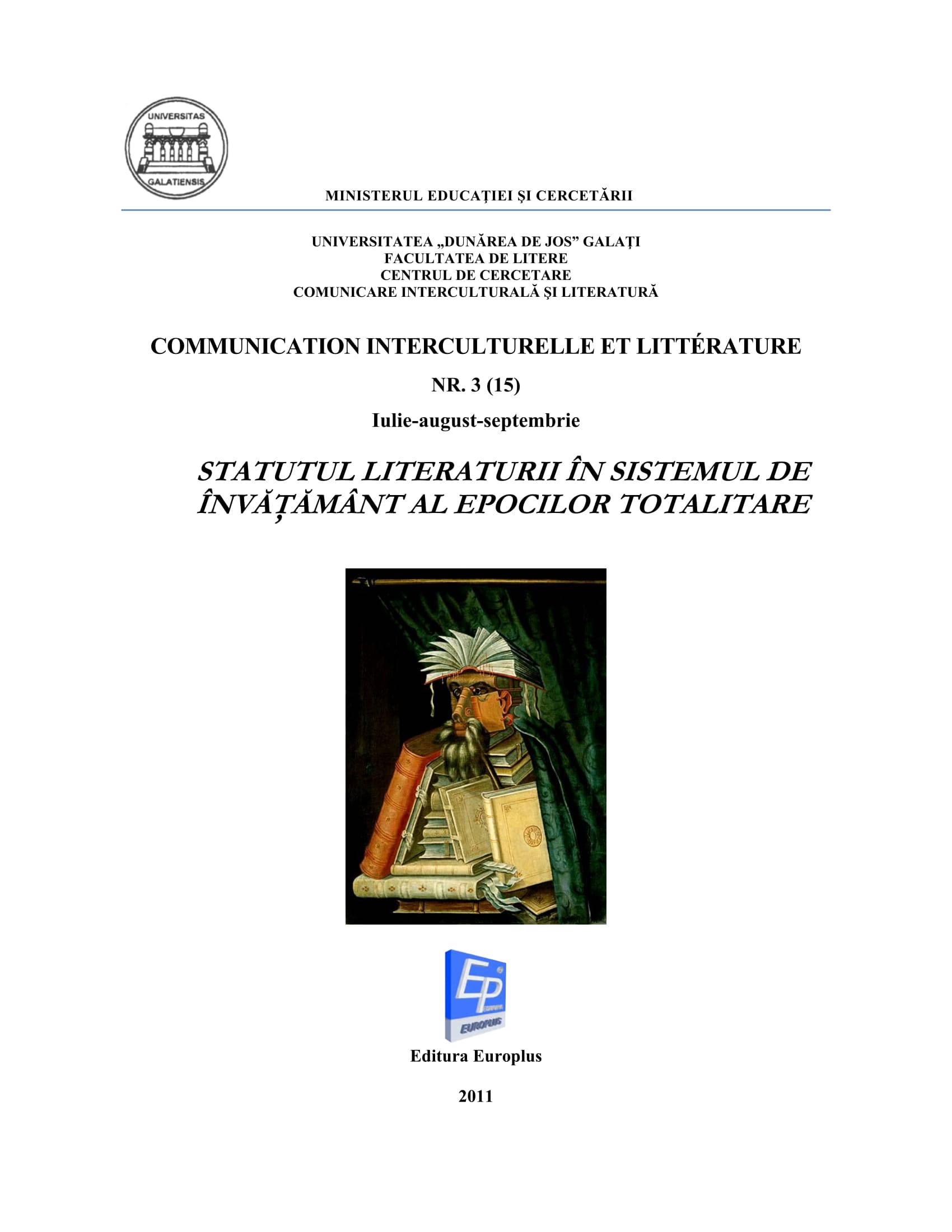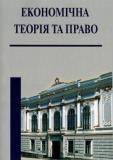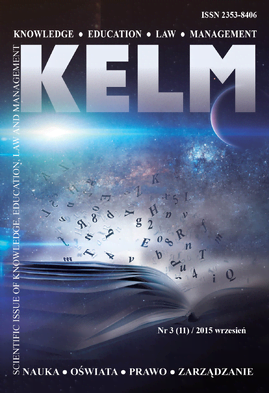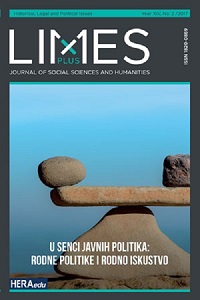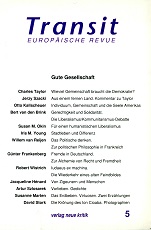Author(s): Marko Škorić,Aleksej J. Kišjuhas,Jovana Škoric / Language(s): Serbian
Issue: 2/2016
This paper presents the concept of trust as a precondition of individuals' adaptation to a complex social environment. Numerous studies show that trust in state and other institutions is declining, which presents a problem since trust is also a basic strategy for coping with an uncontrollable future for individuals, networks and communities. Trust is created in various ways through social interaction, which means that it is a dynamic aspect of human relationships that can be initiated, maintained, lost etc. It is important to see what characteristics influence the levels of trust that people have, and to bear in mind that it is an important element of negotiation in everyday life, as that it is connected to dimensions of power and risk-taking.
In addition, this paper analyzes the concept of ontological security in the context of detraditionalization and the risks of modern society. This concept refers to the individual's fundamental sense of security in world, and it includes a basic sense of trust in others. Ontological security is necessary for a person to maintain a feeling of psychological wellbeing and to avoid existential anxiety. It is closely related to the phenomenon of trust, since trust is of crucial importance for the experience of the external world as being stable and coherent. To be ontologically secure, and to avoid existential anxieties, means that individuals can offer "answers" to the fundamental existential questions, including questions about the existence itself, and about the logical framework of external reality. The concept of ontological security is also crucial because it explains the social and socio-psychological mechanisms of survival and reproduction of social institutions through the everyday actions of individuals. Routinization and practical consciousness are being distinguished as the key mechanisms for this process.
Finally, this paper demonstrates that the variables of trust and ontological security are especially important when it comes to the marginalized populations and populations that are being discriminated against. In this way, we show the theoretical and practical importance of the phenomena such as trust in others, a generalized sense of security, addressing the others in difficult situations and so on. Also, (the lack of) trust and ontological security are of great significance in the context of post-socialist societies that are often faced with ubiquitous problems of distrust, dishonesty and existential anxiety. In most cases, the marginalized and discriminated groups express trust and feel safest within their family, and perform most of their interactions within the primary social groups. In other words, the reactions of these populations to the modern societal risks are reflected in their relatively low levels of confidence in the wider community and other people, which is an important issue that must be addressed in an adequate manner.
More...
